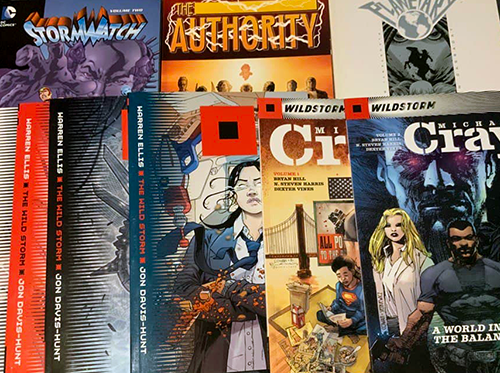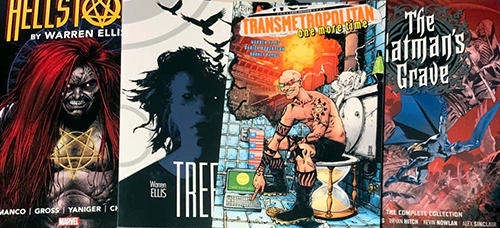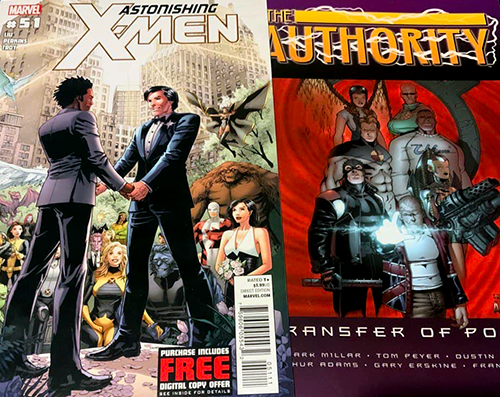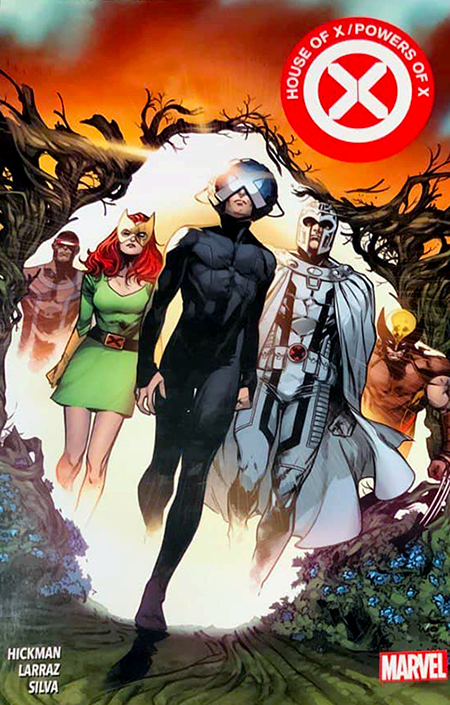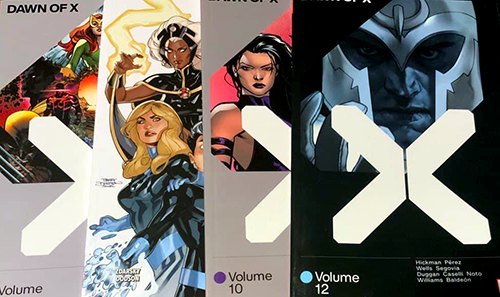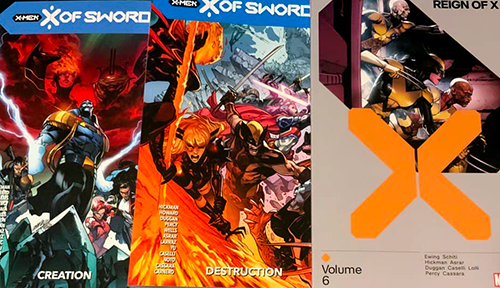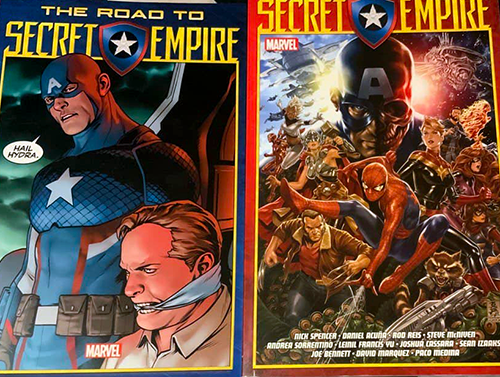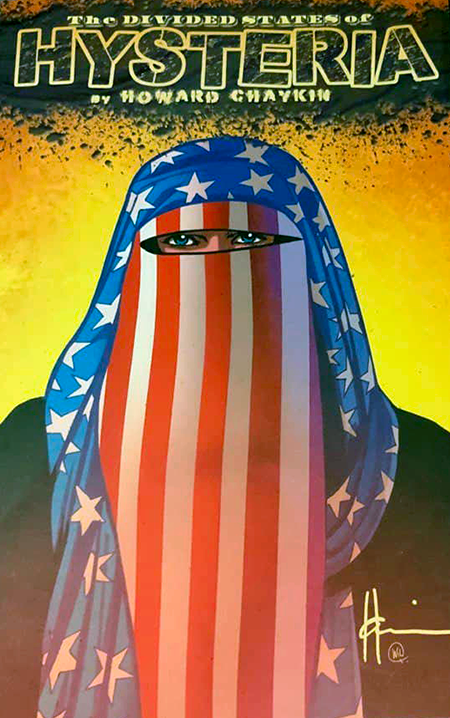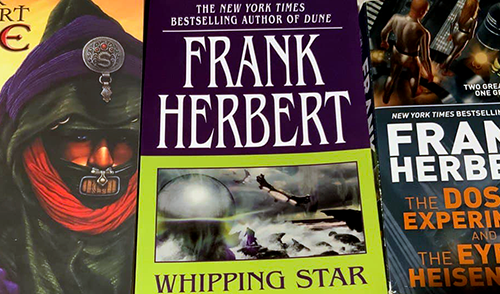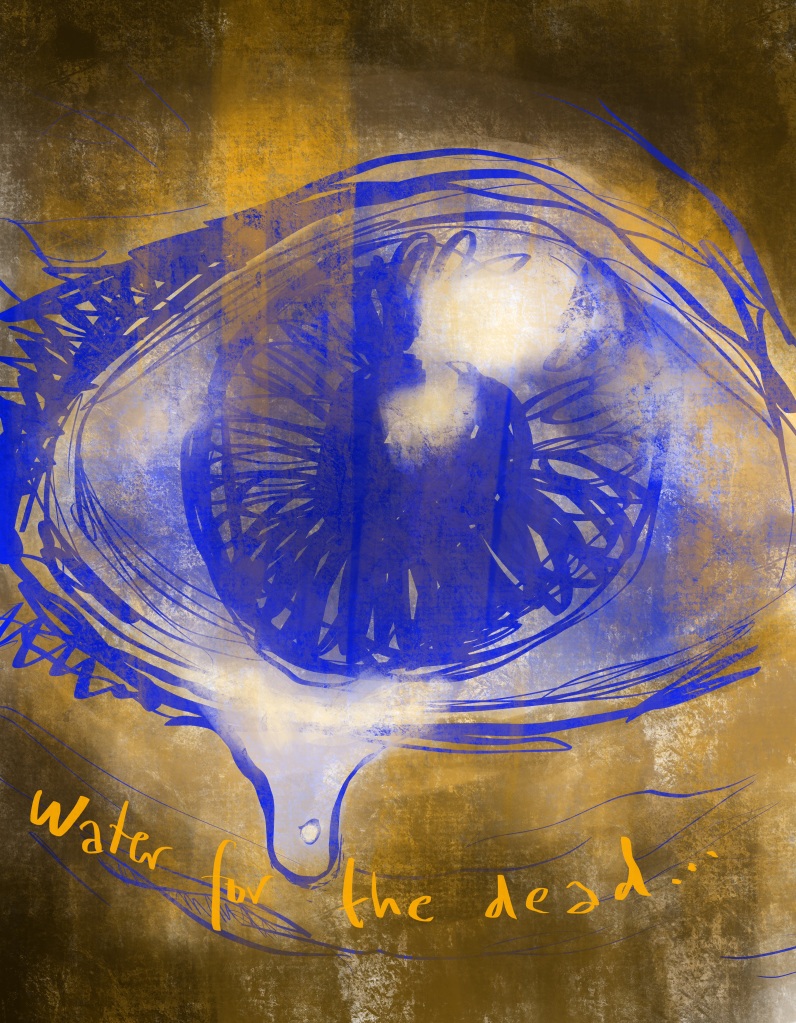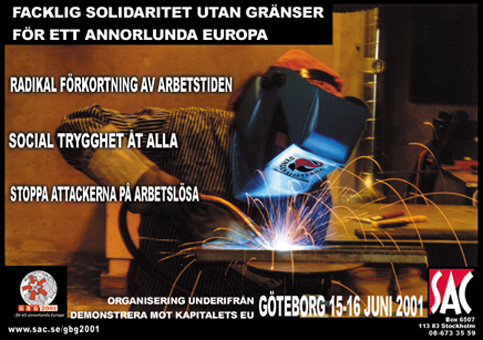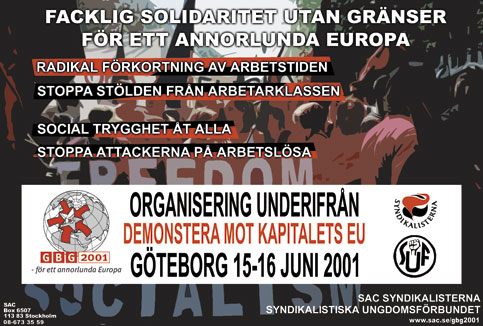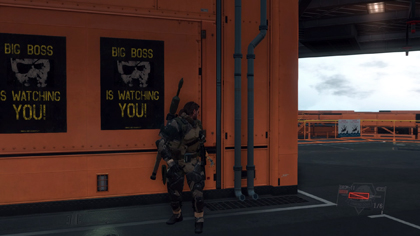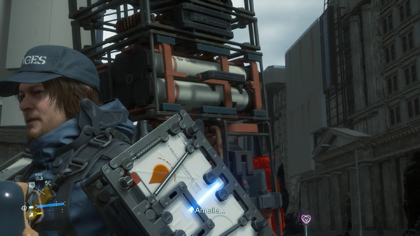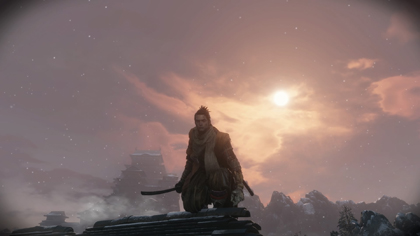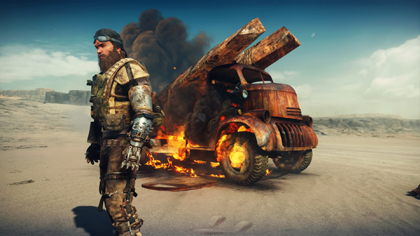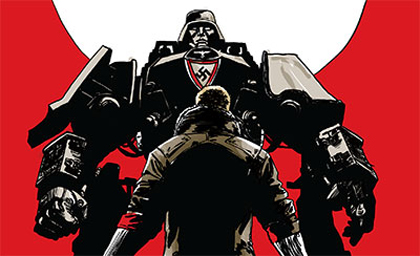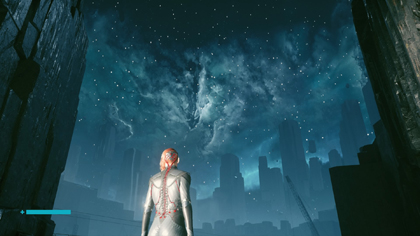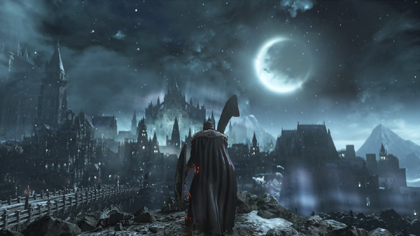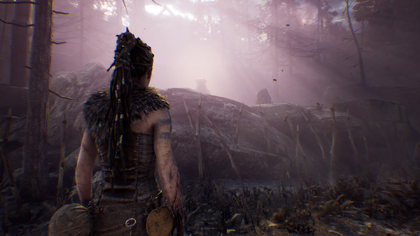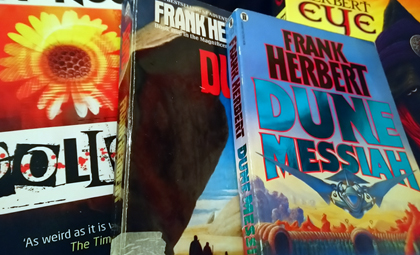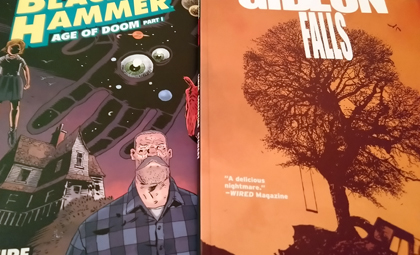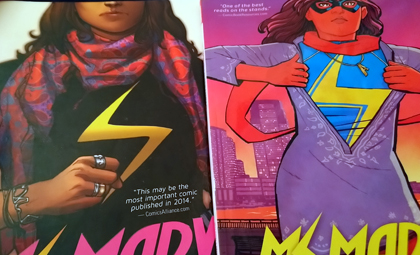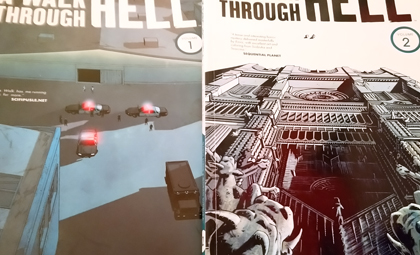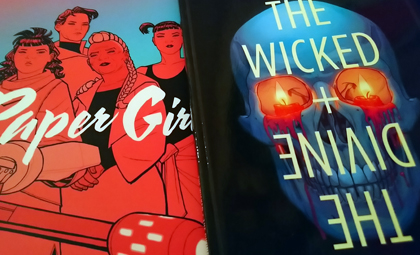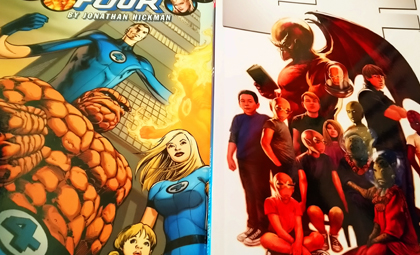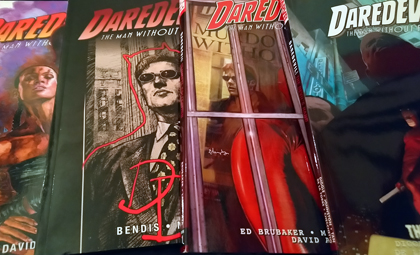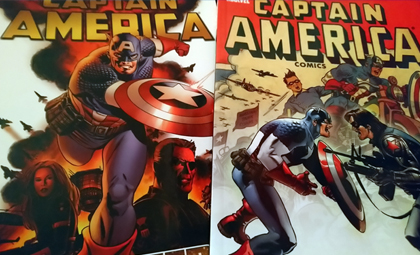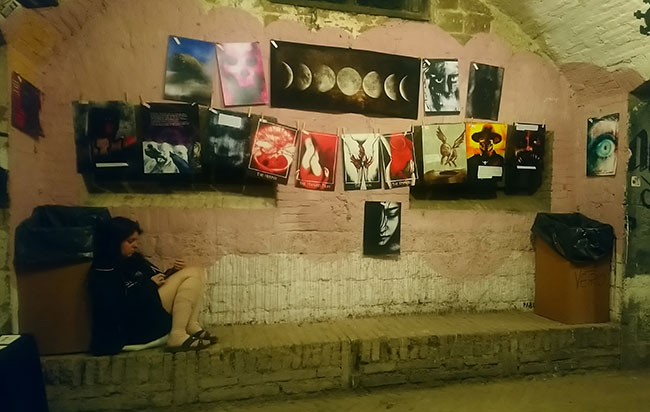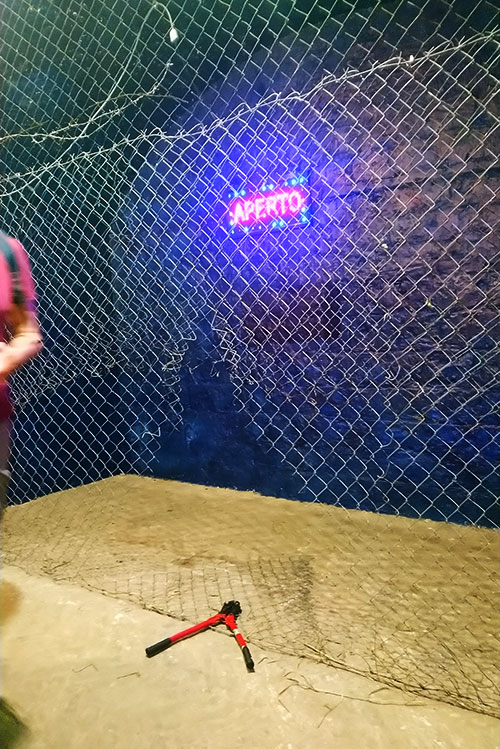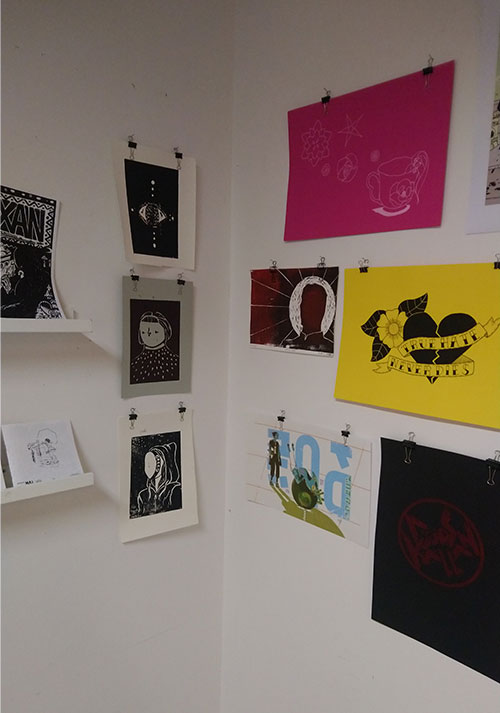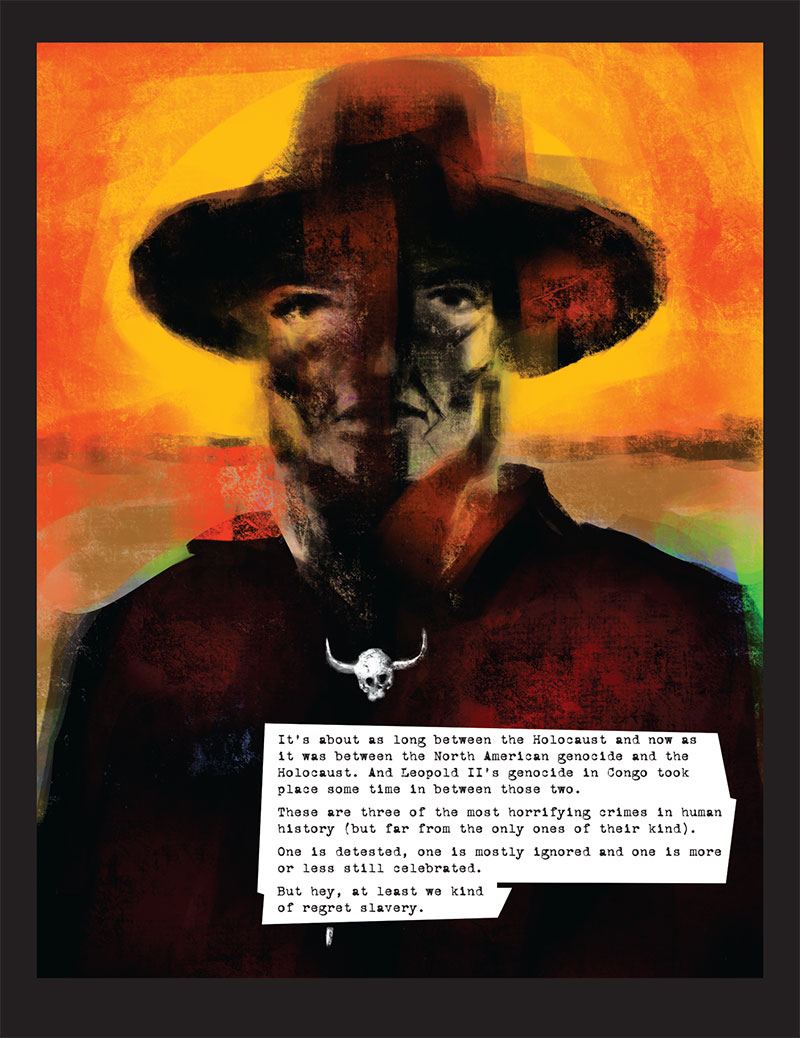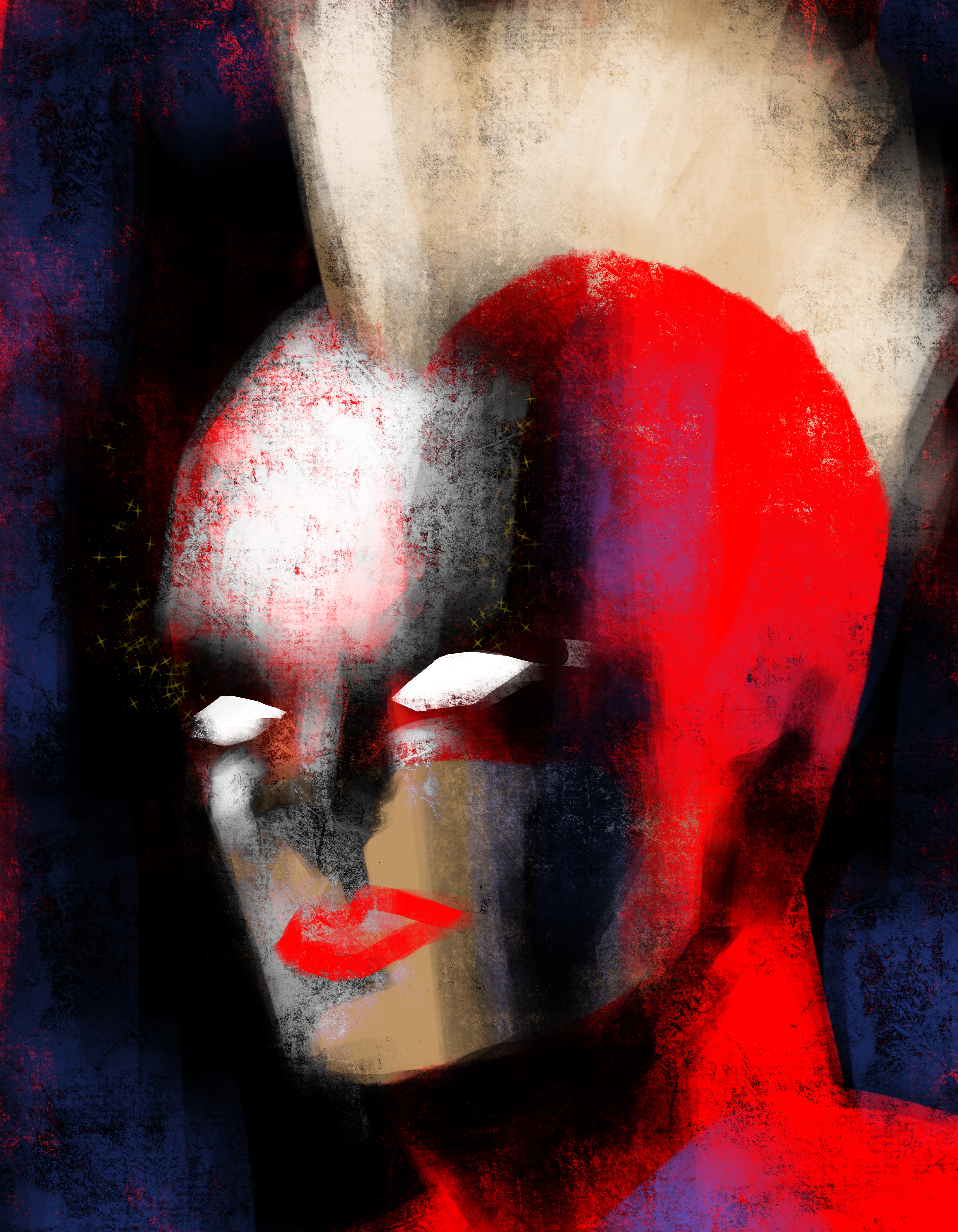So I guess I need to address this thing before we start…
I really like most of what Warren Ellis has written. I din’t think this post is the time/place to talk about all aspects of cancel culture, but since he’s currently sleeping on the couch I think some things need to be said.
Has he done some things he isn’t proud of, that hurt some people? Yes.
Does that mean we all have to stop reading all his stuff? No.
The things he did aren’t encouraged or defended in his works, so in that way they are separate things. He also doesn’t defend them as a person but has stated that he’s working to change (unlike some others who have been uncancelled faster).
But even if that wasn’t the case, you could still read and enjoy his works with a good conscience. It is possible to read things where you don’t wholeheartedly agree with every detail. You just need to sort things out for yourself, accept that there are things you don’t agree with and if the work is otherwise good enough to keep reading/watching etc or not. That’s how we had to consume more or less EVERYTHING back in the days (and still). You can still enjoy Harry Potter even if you’re not a TERF (I mean if you for some reason like it, you don’t have to if it’s not your thing, I’m completely uninterested in Harry Potter myself). You can still enjoy Lovecraft even if you aren’t extremely xenophobic (in his case the fear of most things/people is even probably the basis for what makes his cosmic horror so interesting, but you can still enjoy it without agreeing with him).
All that said, here are some really good comics by Warren Ellis:
So one of the things he was involved with was The Wild Storm, a reboot of Jim Lee‘s Wildstorm part of the original setup of Image Comics in the early 1990s, with titles like WildC.A.T.S, Stormwatch etc. In the mid-late -90s, Ellis wrote Stormwatch and built it up to transform it into The Authority which was a big part of taking the superhero genre to the next level. With The Wild Storm, his job was to update those characters, tone down the superhero stuff a bit while still preserving a lot of the more original concepts that have been developing in various Wildstorm titles over the years. One of those concepts is what he did with another of his titles on the imprint, Planetary, where the main characters met and fought paraphrased characters from other parts of various genres, from superheroes to secret agents to pulp-style adventurers etc. With The Wild Storm: Michael Cray, written by Bryan Hill (based on a basic concept and plot structure by Ellis), they’re doing something similar again, pitting the main character against alternate, eviller versions of classic DC superheroes like Wonder Woman, Green Arrow and others. It’s all fun and enjoyable, especially Ellis’ run on The Wild Storm. Sadly, it looks like that whole reboot project may be hibernating for now and I don’t know if, or in what form, it will wake up again.
I’ve also read some other Ellis things, like Trees, The Batman’s Grave, Dark Blue and a re-read of his main 90s work: Transmetropolitan, which still holds up, maybe even more relevantly than when it first came out, with its dystopian cyberpunk setting and its murderous cops and corrupt politicians… Ok, maybe some things are just more or less constant?
Anyway, I also read one of his very early comics, Hellstorm, which was much more interesting than the ettmpted TV version that came and went without much notice. Hellstorm has that 90s gritty cynicism that can still be refreshing sometimes, and also features art by a Leonardo Manco that is much less refined than his later works, but still expressive and full of dirty lines.
Speaking of The Authority, I have to mention something that has disturbed me. When Northstar got married in Marjorie Liu‘s Astonishing X-men, it was hyped in some places as the first gay superhero marriage. I don’t know what was actually the first one, but there’s AT LEAST the marriage of Apollo and Midnighter (who are pastisches of Superman and Batman, created by Ellis, married during Mark Millar‘s run). And that was in 2002, a bunch of years earlier than the X-men one.
Both comics are great, by the way. My only problem with the whole thing is the ignorance in news media and the view that nothing is important enough to be newsworthy unless it’s the first time it happens.
Guess this is as good a time as any to talk about the current X-men era, beginning with House of X/Powers of X written by Jonathan Hickman. Hickman has previously tackled both Fantastic Four and Avengers in longer runs that redefined both titles, at least for a while after. Now Marvel gave him the X-men to do the same thing but on an even bigger scale.
So he took some elements that have been recurring for a long time and saw what he could do with them, such as:
-Resurrections. Since Jean Grey/Phoenix died in the early 1980s and then returned a while later, first as what turned out to be a clone, then as herself, there have been multiple instances of X-men dying and returning with different explanations.
-Mutants as an allegorical tool for talking about racism. Even if it’s kind of a retcon that Professor X and Magneto were originally meant to represent Martin Luther King and Malcolm X respectively, there have been instances where they have been used that way, and different takes on racism have been the theme of most of the best X-men stories, from the future concentration camps in Days of Future Past to the mutant slaves in the fictional nation Genosha’s first appearance to what’s currently going on.
-Sci fi. When Chris Claremont took over as writer in the mid-70s, the sales numbers were really low, which meant that he and his artists had free reign to do basically whatever they wanted. So one of the things they did just because it might be fun was taking the mutants to space. Mutation in itself is a sci fi theme and they’ve been fighting mutant-killing robots since forever. There are also alternate timelines, time travel, freaky technology etc. The comic has been around for a long time and they’ve had time to do a lot with it. Slight spoilers ahead.
So Hickman took these things and some other concepts and did something new with it. So the current state of affairs is that mutants are basically immortal since they can all be easily resurrected if they die.
They live in the only timeline they found where they have a chance to survive as a species, IF they can beat the competing AI/robotic strain of evolution. Kind of like the two strands of posthumanism in Bruce Sterling‘s classic cyberpunk novel Schismatrix.
And they dropped the old dream of living togehter with humans and instead started their own nation, on the living island Krakoa, for mutants only.
All very interesting and I’m sure most of it will turn out to be something different from what it looks like. But they’re also doing something kind of new with the publishing. House of X and Powers of X were two mini-series running parallel to each other, with one story running through both titles. After that, they rebooted all the X-men-related titles (usually somewhere between 5-10 titles/month) and started collecting them all in monthly trades. Of course it’s a profit-driven move to make it easier to follow ALL the titles instead of having to choose some, but it’s also kind of weird that it hasn’t been done this way before. Ok, I guess it has been done, but seldom exactly like this. So there are various titles driving the overarching story forward by concentrating on different characters or aspects of this new mutant society. Different writer/artist constellations on each title makes the quality fluctuate a bit and some of it isn’t as good as the rest while some are better than most. The overall story could’ve been done more interestingly and some characters could have been written better and so on, but as I said earlier, you can’t expect a work of fiction like this to be perfect. It’s still interesting enough to keep me hooked. The first 16 collections after HoX/PoX were called Dawn of X, then there was a crossover event called X of Swords and now they’re calling it Reign of X until the next crossover event that will bring the whole thing to its third phase. Hickman is now rumored to be leaving the whole thing before it’s finished, due to the rest of the writers wanting to drag it out longer before things change too much. It seems they have more stories to tell in the current setting. I hope Hickman will stay involved somehow since it’s his vision that started the whole thing, but either way I look forward to seeing where they’re going with it.
What else do I have to talk about from the world of superheroes? Oh, right. Remember the outrage when Captain America came out as a member of Hydra and there was this whole thing about it, mostly based on ignorance? Since Hydra are bascially nazis, I guess the anti-SJW croud thought it was a statement from woke Marvel about the US being racist or something, so they were up in arms (because the US can never be racist enough for them and everyone who says so is a liar). Not sure if anyone else really made a big thing out of it? Most people who are the least bit comics literate would understand that when a comic has been around that long (since the 1940s when he was created by two jews wanting the US to take a stand against the nazis), you have to do something with it to keep it interesting. So why not make it seem like the main character has been on the side of his enemies all along? Everyone knows that it’s going to be a temporary thing, just like the time when Thor was a frog, Spider-man was a clone or the Hulk was gray. It’ll pass, don’t worry about it. But while it lasts there might be a good story. So I read the Secret Empire story by to see what it was really about (wanna bet that most of the internet storms took place before it was even published?). It was ok.
Speaking of internet outrage… I wanted to read Divided States of Hysteria by Howard Chaykin based on a few reviews by internet idiots. They said this comic was 1: offensive to SJWs because they couldn’t see that depictions of racism and transphobia are not the same as actual racism or transphobia, and 2: depicting the USA in a bad light.
So I thought: I like dystopic stories that are critical towards the US, so maybe I should finally check out this Howard Chaykin guy? I’d read just a little of him and I liked the art but hadn’t read any of his writing. And you know that people who use the term SJW to describe people who don’t agree with them are idiots, so I thought those reviews were a good sign.
However, I didn’t like this story at all. It might have been interesting, but the storytelling was stiff and stale, and its depiction of racism was too exaggerated, like everyone in the near future US is super racist AND they have good grounds for being racist because everyone in the comic more or less live up to their stereotypes. More or less.
And let me be clear: I’m not offended by depictions or racism/transphobia. Those things are real and we need to talk about them, BUT I want my stories well-written. And this one is filled with boring stereotypes and also in the end with boring patriotism as well, so it’s just boring.
I’m also aware that you shouldn’t judge a comics writer by just one of their works. I think sometimes: what if people judge me by THIS story that I’m not particularly proud of and it prevents them from reading THAT one that I do feel is some of my best work? If it’d be unfair to me, it’d be unfair to anyone else too. On the other hand, I’m not made of money. So maybe I’ll give Chaykin another try in the future if I find some of his stuff from the 80s that’s supposed to be better. If it’s cheap. But I’m not actively going to look for it, as I would have if this one had been more what I hoped it would be…
By the way, the whole thing about “woke Marvel” is kind of pathetic, actually. There are some right-leaning people who complain that (especially Marvel) superheroes are too political now, too woke etc. And then there’s the other side with liberals who say that these comics have always been politically correct and even left-leaning. And they’re both wrong, basically because they both think that liberalism is a left-wing ideology. Of course you can find examples, both now and back when, of comics taking left-leaning stances. As I said, Captain America was created as an antifascist statement, BUT it was also created in a context that was very nationalist and very very capitalist, which limited what it could express and how far it could go. Marvel is now owned by Disney, and is anyone for real thinking that they are progressive for any reason other than making a profit? Yes, there is some space for messages that are at least humanist and sometimes even socialist or socialist-adjacent, but that stuff is still far from taking over the whole genre and whoever thinks otherwise is probably willfully ignorant or just stupid.
Yes, gay marriage sometimes occurs in superhero comics. Yes, stories can be made that deal with the complexities around mutants as allegory for racism and some comics are more progressive than others. And yes, even women and Black people can be superheroes now, as has been the case for a long time. But do you really feel that you have to look too hard to find an apolitical (as in: defending the status quo which is liberal capitalism) white cis straight male superhero?
I think there’s going to be two more posts about comics and other reading material, so stay tuned for those. After that I’ll be going into movies and tv…
All these posts will be linked from the one about my own comics and illustrations.

